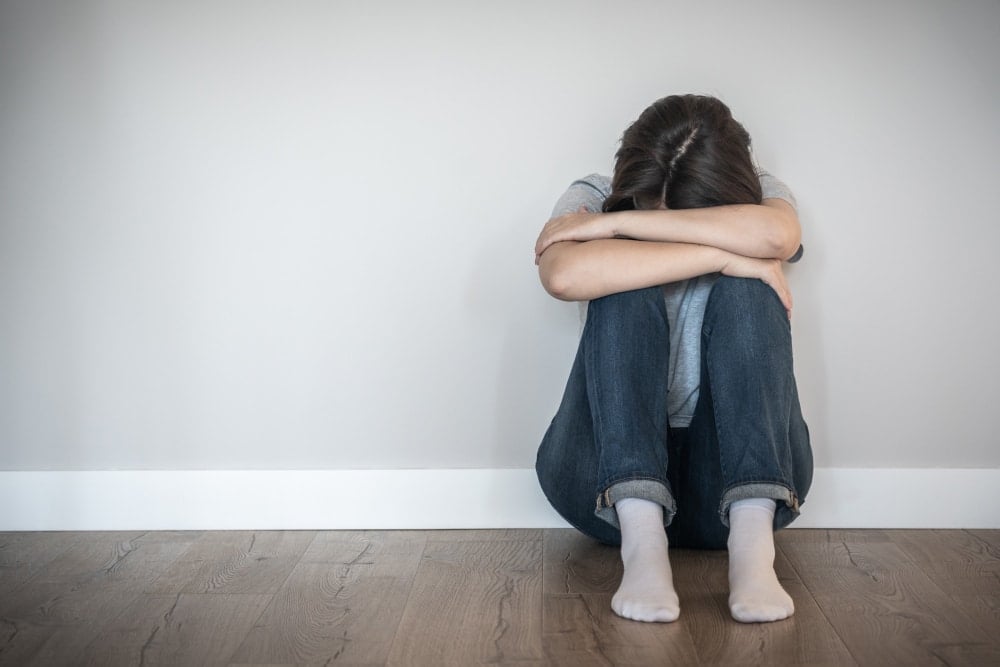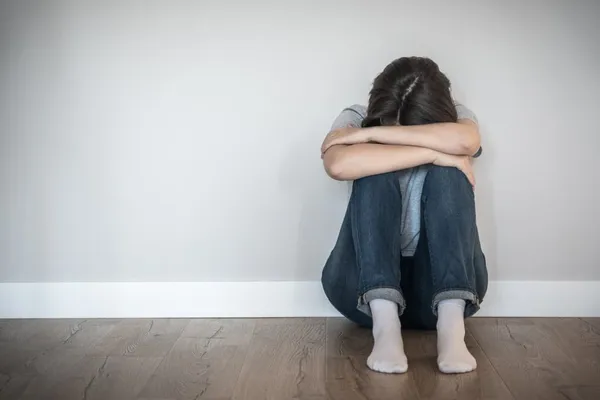Is your child in an abusive relationship? Do you feel like you don't know what to do? You're not alone. Many parents feel lost when it comes to helping their children through an abusive relationship. When it comes to abuse, there are a lot of myths and misconceptions.

The most important thing you can do is to be there for your child and provide unconditional support. Here are some of the most commonly asked questions and solid advice on how to help your child.
What Kind Of Behavior Is Considered Abuse?
Some of the most common examples of abuse are physical violence, name-calling or put-downs, control over finances, isolation from family and friends, intimidation with weapons, and sexual assault. If your child is experiencing any of these behaviors, they must get help. You can encourage them to reach out to a trusted adult, such as a teacher, religious leader, or family friend. You can also call a national helpline for more information.
Do I Tell My Child's Partner They Can't Abuse Them?
The abuse often occurs as a cycle, meaning the abusive partner will act in an affectionate way when they are sober or not high. You can attempt to reason with your child's partner, but ultimately it is up to them to change their behavior. You can provide support and resources, but you should not take on the responsibility of trying to fix the relationship. You can't control someone's behavior, and you shouldn't try to. Instead, focus on supporting your child.
What If I Suspect My Child's Partner Is Abusive, But They Deny It?
It can be difficult to know what to do if your child denies that they are being abused. It is important to remember that abuse is often a very secretive topic, and the abuser will often try to isolate their partner from family and friends. According to the distinguished lawyers of the McConnell Law Firm, domestic violence is the leading cause of injury to women in Kansas. Women between the ages of 18-24 are most likely to experience intimate partner violence, but abuse can occur at any age.
You can encourage your child to talk to someone they trust, such as a teacher, guidance counselor, clergy member, or family friend. You can also contact Domestic Violence Lawyers in Wichita or the national helpline for more information and resources. While it can be difficult to get your child to open up, they must have someone to talk to.
What If The Abuse Is Happening Online?
If your child is being abused online, they must take steps to protect themselves. They can block the abuser from contacting them, and they can report any abusive behavior to the police or a national helpline. It is also important to keep a record of the abuse, including the dates, times, and nature of the abuse. This can help with law enforcement investigations. If the abuse is on social media, you can report it to the website. You can also turn your child's account to private or take it down completely. The bottom line is that you support your child and let them know they have a voice.
How Can I Help My Child If They Decide To Leave The Relationship?
If your child decides to leave the abusive relationship, you must remain supportive. If they are still in school, you might want to check on their grades to make sure they aren't struggling academically. You can also help them find a safe place to stay, such as with a friend or family member. If they need to leave the state, you can help them find resources and safe places to stay. It is important to remember that leaving an abusive relationship is very dangerous, and your child might need your help to stay safe.
What If I Can't Afford To Help?
Abuse is never the victim's fault. You might feel like it is your responsibility to help your child financially, but you cannot provide for an entire household yourself. Depending on the type of abuse, you might be able to seek financial assistance at your local social services department. This can help with housing and living expenses as well as counseling and legal services. There are also emergency shelters and domestic violence services that can help your child find a safe and affordable place to live.
There are many things you can do to help your child if they are involved in an abusive relationship. You should always be supportive and encouraging, but it is important to be realistic as well. You cannot change or control their behavior, but you can provide resources and support as they make the right decision for themselves.








